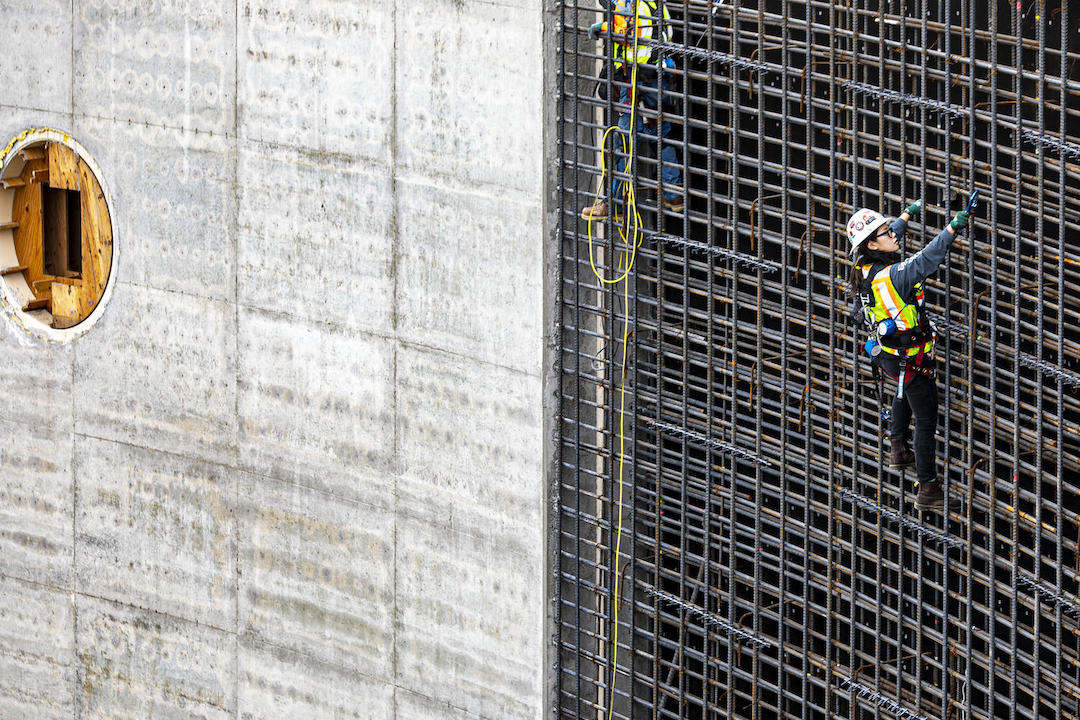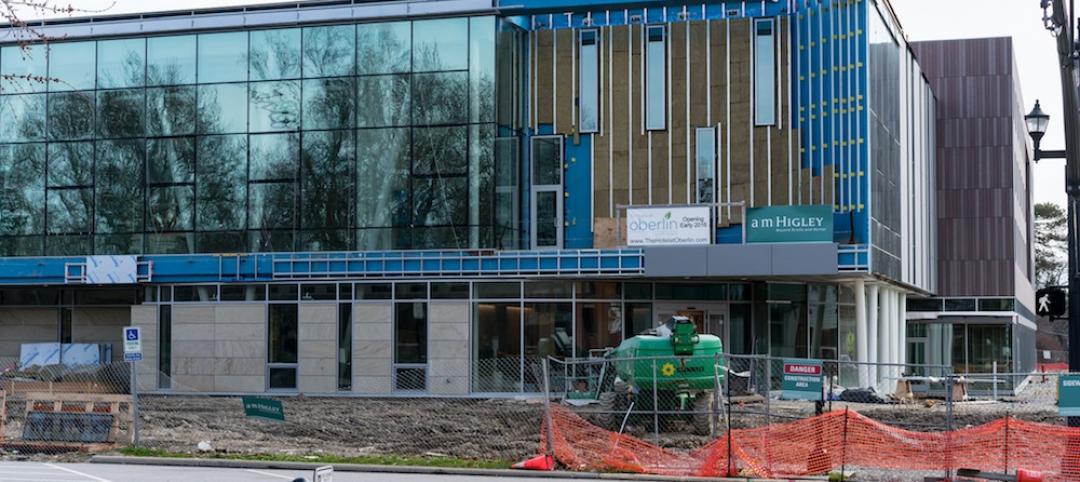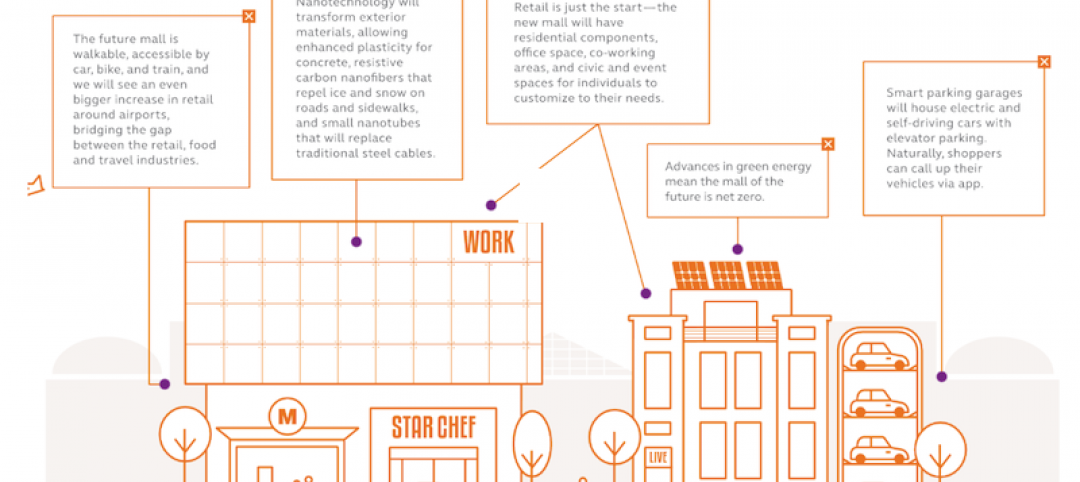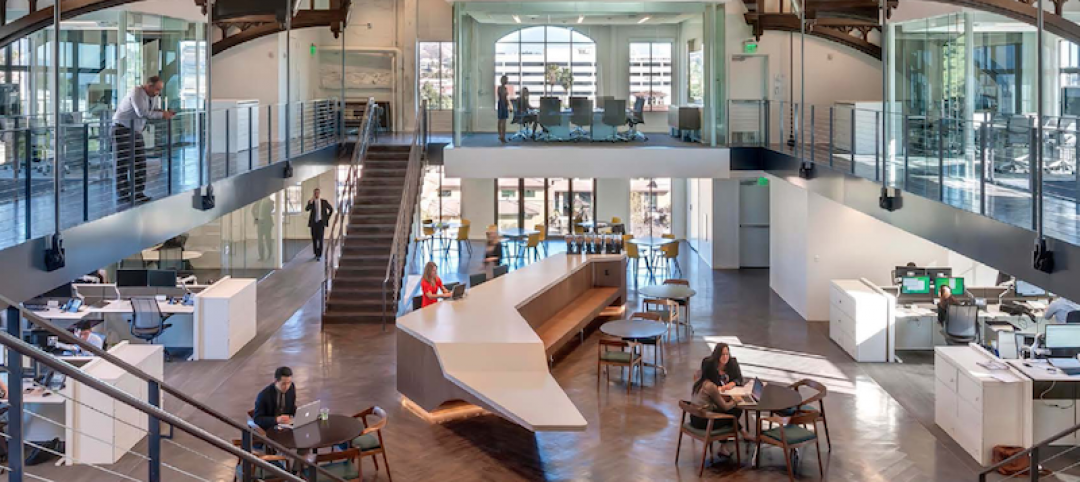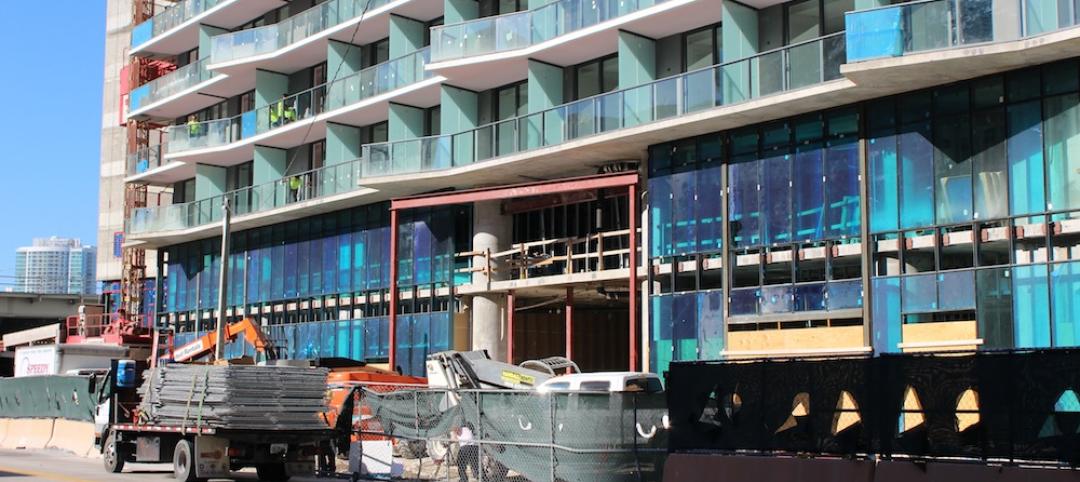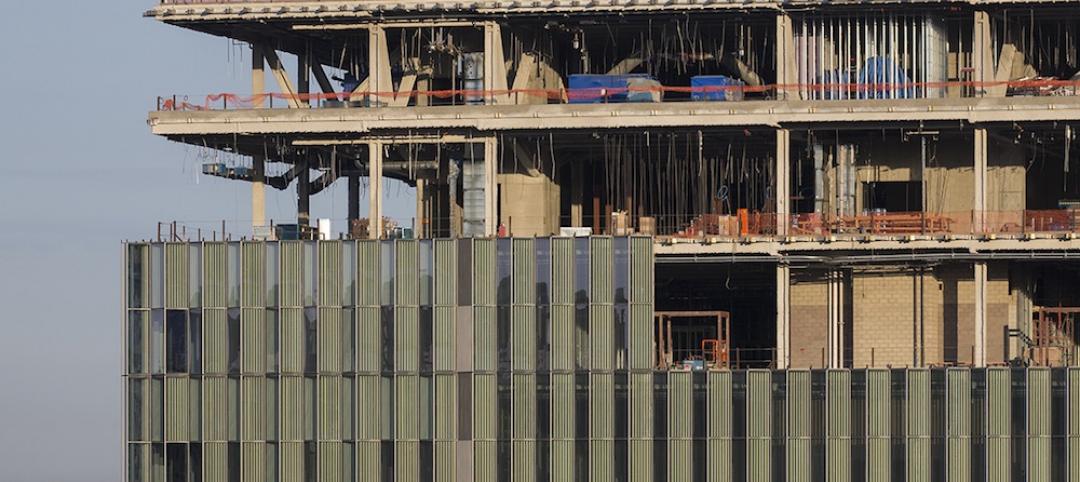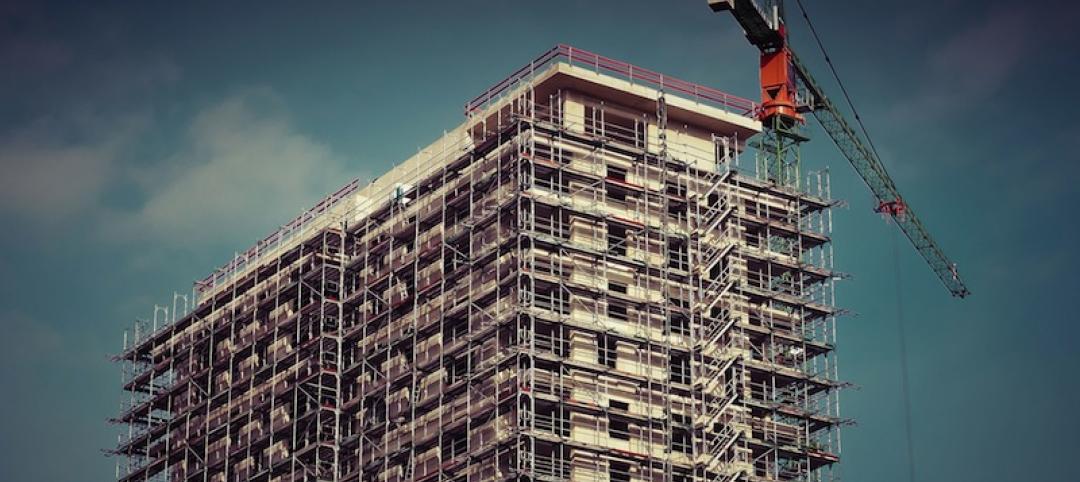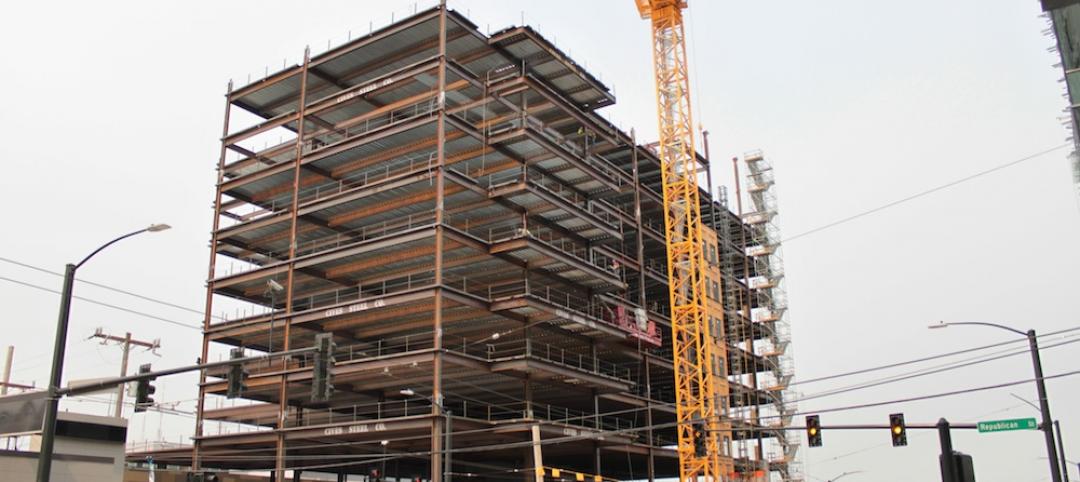Prices of numerous construction materials soared again in November, outpacing the rate at which contractors raised their bid prices, according to an analysis by the Associated General Contractors of America of government data released today. Association officials said the current steps being taken to address supply chain problems and rising prices have been insufficient and urged public officials to redouble their efforts.
“Prices for nearly every type of construction material are rising at runaway rates,” said Ken Simonson, the association’s chief economist. “These costs are compounding the difficulties contractors are experiencing from long lead times for production, gridlocked supply chains, and record numbers of job openings.”
The producer price index for inputs to new nonresidential construction—the prices charged by goods producers and service providers such as distributors and transportation firms--jumped 0.9% in November and 22.1% over 12 months. Those increases dwarfed the rise in the index for new nonresidential construction—a measure of what contractors say they would charge to erect five types of nonresidential buildings, Simonson noted. That index climbed by 0.3% for the month and 12.4% from a year earlier.
A wide range of products used in construction, as well as trucking services, posted double-digit price increases over the past 12 months, Simonson observed. The price index for steel mill products more than doubled, soaring 141.6% since November 2020. The index for aluminum mill shapes jumped 41.1% over 12 months, while the index for copper and brass mill shapes rose 37.8%. The index for plastic construction products climbed by 32.5%. The index for gypsum products such as wallboard rose 20.9% and insulation costs increased 17.4%.
Trucking costs climbed 16.3%, as did the index for asphalt felts and coatings. The index for architectural coatings increased 12.4% and the index for lumber and plywood rose 12.2%. The index for diesel fuel, which contractors buy directly for their own vehicles and off-road equipment and also indirectly through surcharges on deliveries of materials and equipment, soared 81% over 12 months despite a 2.9% decline from October.
Association officials said the steep rise in materials prices shows that more needs to be done to tackle supply chain issues and price inflation that are making it difficult for contractors to be successful. They urged public officials to look at ways to temporarily increase capacity at backed up ports like Los Angeles/Long Beach, abandon plans to double tariffs on Canadian wood, and address rising levels of inflation.
“Rising materials prices are squeezing already slim profit margins for many contractors,” said Stephen E. Sandherr, the association’s chief executive officer. “Having strong demand for construction is important, being able to make a small amount of money on that work is vital.”
View producer price index data. View chart of gap between input costs and bid prices.
Related Stories
Market Data | Apr 4, 2016
ABC: Nonresidential spending slip in February no cause for alarm
Spending in the nonresidential sector totaled $690.3 billion on a seasonally adjusted, annualized basis in February. The figure is a step back but still significantly higher than one year ago.
Market Data | Mar 30, 2016
10 trends for commercial real estate: JLL report
The report looks at global threats and opportunities, and how CRE firms are managing their expectations for growth.
Market Data | Mar 23, 2016
AIA: Modest expansion for Architecture Billings Index
Business conditions softening most in Midwest in recent months.
Retail Centers | Mar 16, 2016
Food and technology will help tomorrow’s malls survive, says CallisonRTKL
CallisonRTKL foresees future retail centers as hubs with live/work/play components.
Market Data | Mar 6, 2016
Real estate execs measure success by how well they manage ‘talent,’ costs, and growth
A new CBRE survey finds more companies leaning toward “smarter” workspaces.
Market Data | Mar 1, 2016
ABC: Nonresidential spending regains momentum in January
Nonresidential construction spending expanded 2.5% on a monthly basis and 12.3% on a yearly basis, totaling $701.9 billion. Spending increased in January in 10 of 16 nonresidential construction sectors.
Market Data | Mar 1, 2016
Leopardo releases 2016 Construction Economics Report
This year’s report shows that spending in 2015 reached the highest level since the Great Recession. Total spending on U.S. construction grew 10.5% to $1.1 trillion, the largest year-over-year gain since 2007.
Market Data | Feb 26, 2016
JLL upbeat about construction through 2016
Its latest report cautions about ongoing cost increases related to finding skilled laborers.
Market Data | Feb 17, 2016
AIA reports slight contraction in Architecture Billings Index
Multifamily residential sector improving after sluggish 2015.
Market Data | Feb 11, 2016
AIA: Continued growth expected in nonresidential construction
The American Institute of Architects’ semi-annual Consensus Construction Forecast indicates a growth of 8% in construction spending in 2016, and 6.7% the following year.


